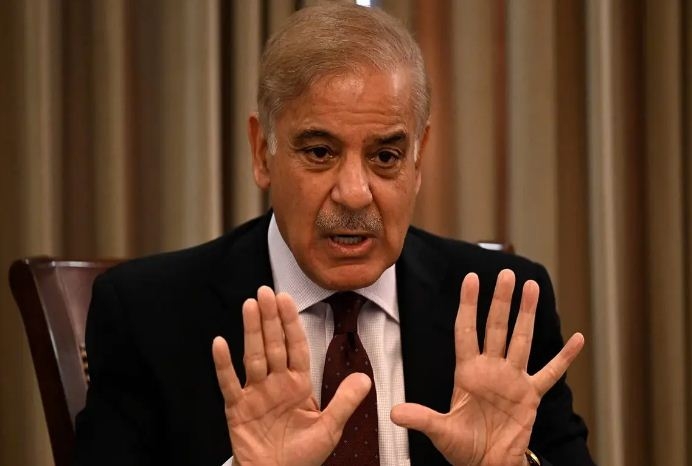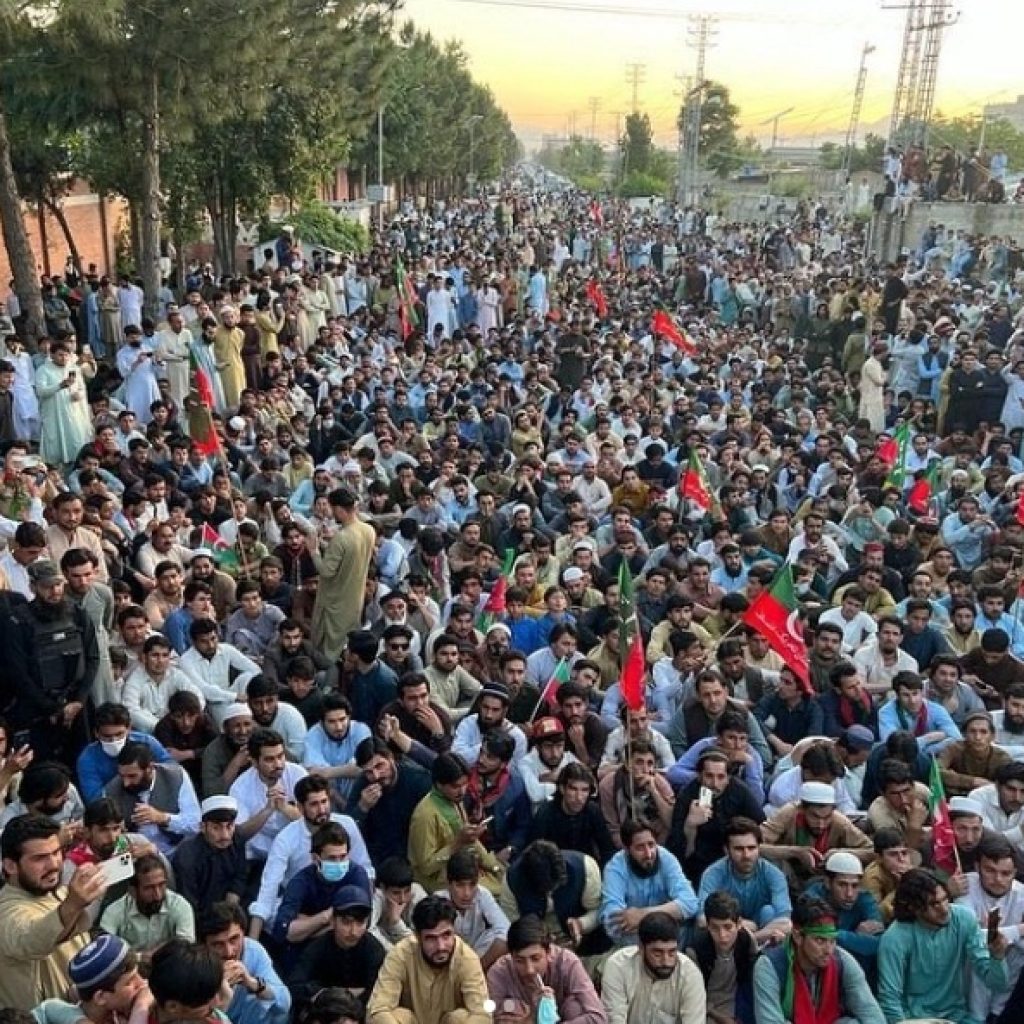
The PTI has demonstrated its capacity to mobilise street power, but it was certainly not a spontaneous outburst of public anger. …reports Asian Lite News
Imran Khan’s release on bail following a brief detention is seen as a major blow to the ruling alliance which was hoping to use the arrest to bolster its political capital but found itself on the defensive again, lamenting that the Pakistan Tehreek-e-Insaf (PTI) party once again got preferential treatment.
It has come as a huge setback for the government and the security establishment that the Supreme Court declared Imran Khan’s arrest illegal and ordered his release, Pakistani author Zahid Hussain writes in Dawn.
The court ruling came amid violent protests sweeping the country. The public reaction to Khan’s arrest has been unprecedented. Widespread violence paralysed life in major cities. With the situation going out of control of civilian law enforcement, the army was called in. Internet and social media services were suspended. The events of the past few days have pushed the country close to anarchy, Hussain wrote.

Imran Khan had repeatedly warned of a Sri Lankan kind of mass uprising. The PTI has demonstrated its capacity to mobilise street power, but it was certainly not a spontaneous outburst of public anger. The attacks on the military installations seemed pre-planned, Hussain wrote.
“Some leaked audio tapes appear to suggest that the attack on the Lahore corps commander’s official residence was led by local PTI leaders. The organised manner in which a fortified building in a top security zone was completely gutted indicates it was not just mob action. What is most curious is that there was no move to stop the attackers as they ransacked the place. The security detail had simply disappeared,” the article said.
“But the images of people ransacking the residence of a top regional commander and attacking military installations in various parts of the country without resistance presented a picture of a fractured state. The civilian administration seemed to have completely collapsed in the face of enraged mobs”, he added.
The author said what has transpired raises questions about Shehbaz Sharif’s capacity to provide leadership in times of crisis. It’s apparent that the coalition government with its dwindling support base is now completely dependent on the security establishment for its survival. With growing political instability, the role of the military will further increase. What we are witnessing is creeping army rule, Hussain said.
“The country today is more divided than ever. It’s an extremely perilous situation for a country facing multiple crises. Most worrisome is the looming collapse of the economy. With no agreement with the IMF in sight, the prospect of default is staring us in the face. Growing political instability will make it even more difficult for the government to get any external financial support needed to bail us out,” he added.
It’s not just the economy, but also the rising terrorist threat that has imperilled national security. The questionable legitimacy of the present dispensation has rendered the situation untenable. The reckless power struggle has eroded the writ of the state. With the country in the midst of an economic meltdown amid the faltering democratic political process, the prospect of a return of despotic rule is very real, Hussain said.
Pakistan Defence Minister Khawaja Asif has said that if the situation necessitates it, the country can be placed under an emergency, Samaa TV reported.

Speaking after the Supreme Court (SC) declared Imran Khan’s arrest unlawful, the Pakistan defence minister slammed the top court for ‘dual treatment’ of suspects, Samaa TV reported.
The defence minister lamented the extensive destruction of public property resulting from the protests staged by the Pakistan Tehreek-e-Insaf (PTI) across the country.
The stakes have never been higher in Pakistan, BBC reported. Its economy is on the brink, society is politically polarised, millions are still recovering from last year’s devastating floods, terror attacks are increasing and, as inflation soars ever higher, many are struggling to feed themselves and their children.
While the country suffers, politicians and institutions have been pulled into a power struggle over who should run Pakistan, the report said.
Pakistan’s economy is struggling. Its foreign reserves, which pay for imports including fuel, have plummeted to one of the lowest levels in decades. Meetings with the International Monetary Fund earlier this year are yet to result in a deal to unlock $1.1bn in crucial funds.
Baqir Sajjad, Pakistan Fellow at the Wilson Centre, said the current situation puts Pakistan in a precarious place and raises concerns about “the country’s stability”, CNN reported.
“The chance of the military establishment getting (a state of) emergency imposed in the country and keeping former Prime Minister Imran Khan behind bars for a prolonged time is fairly high, because none of the political actors are strong enough to pose a serious challenge to Khan’s PTI in polls,” he said.
“No situation is expected that would drastically alter the ground situation in favour of the incumbent government. Meanwhile, the army cannot afford Khan’s return to power,” CNN reported.
ALSO READ: Imran blames General Munir for arrest


